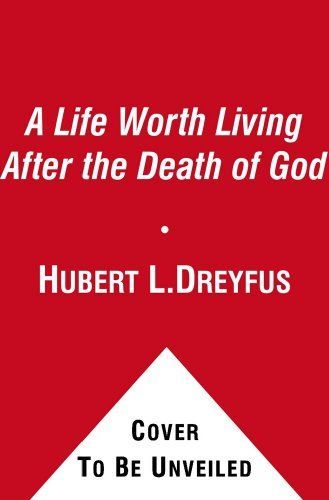
All Things Shining Reading the Western Classics to Find Meaning in a Secular Age
In unrelenting flow of choices confronts us at nearly every moment of our lives, and yet our culture offers us no clear way to choose. This predicament seems inevitable, but in fact it’s quite new. In medieval Europe, God’s calling was a grounding force. In ancient Greece, a whole pantheon of shining gods stood ready to draw an appropriate action out of you. Like an athlete in “the zone,” you were called to a harmonious attunement with the world, so absorbed in it that you couldn’t make a “wrong” choice. If our culture no longer takes for granted a belief in God, can we nevertheless get in touch with the Homeric moods of wonder and gratitude, and be guided by the meanings they reveal? All Things Shining says we can. Hubert Dreyfus and Sean Dorrance Kelly illuminate some of the greatest works of the West to reveal how we have lost our passionate engagement with and responsiveness to the world. Their journey takes us from the wonder and openness of Homer’s polytheism to the monotheism of Dante; from the autonomy of Kant to the multiple worlds of Melville; and, finally, to the spiritual difficulties evoked by modern authors such as David Foster Wallace and Elizabeth Gilbert. Dreyfus, a philosopher at the University of California, Berkeley, for forty years, is an original thinker who finds in the classic texts of our culture a new relevance for people’s everyday lives. His lively, thought-provoking lectures have earned him a podcast audience that often reaches the iTunesU Top 40. Kelly, chair of the philosophy department at Harvard University, is an eloquent new voice whose sensitivity to the sadness of the culture—and to what remains of the wonder and gratitude that could chase it away—captures a generation adrift. Re-envisioning modern spiritual life through their examination of literature, philosophy, and religious testimony, Dreyfus and Kelly unearth ancient sources of meaning, and teach us how to rediscover the sacred, shining things that surround us every day. This book will change the way we understand our culture, our history, our sacred practices, and ourselves. It offers a new—and very old—way to celebrate and be grateful for our existence in the modern world.
Reviews
Jens Obel@jensobel
Dane Jensen@danejensen
Kayla Borden@boocwurm